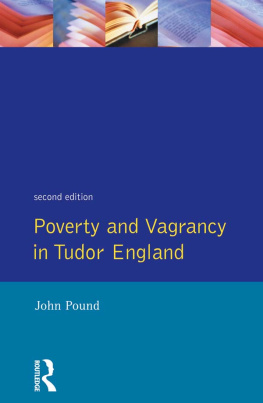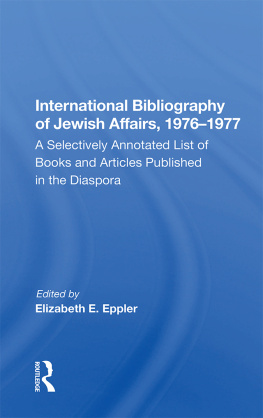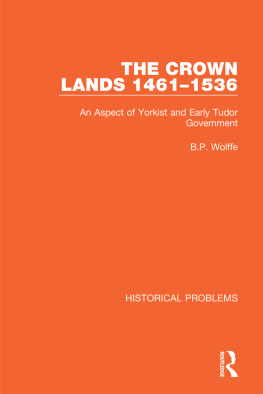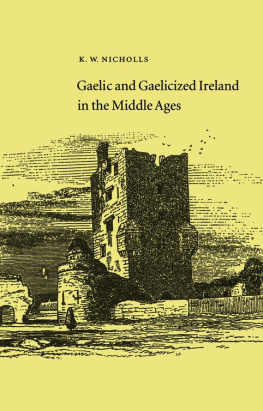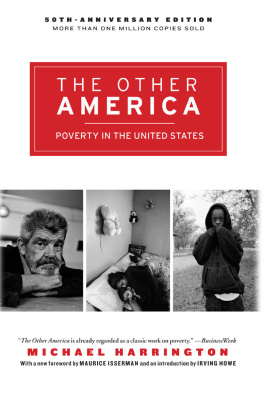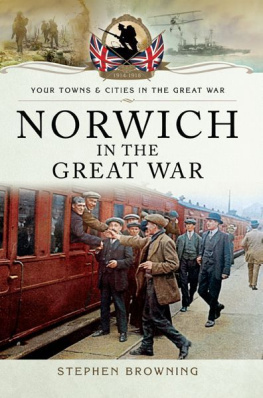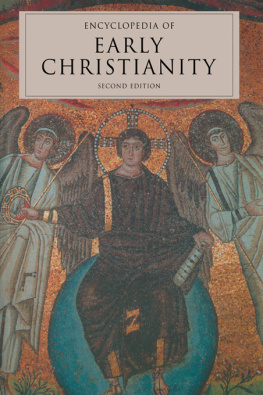SEMINAR STUDIES IN HISTORY
General Editor: Roger Lockyer
Poverty and Vagrancy in Tudor England
Second Edition
John Pound
Lecturer in Education
University of East Anglia
First published 1971 Longman Group Limited
Second edition 1986
Published 2013 by Roudedge
2 Park Square, Milton Park, Abingdon, Oxon OX14 4RN
711 Third Avenue, New York, NY 10017 USA
Routledge is an imprint of the Taylor & Francis Group, an informa business
Copyright 1971, 1986, Taylor & Francis.
All rights reserved. No part of this book may be reprinted or reproduced or utilised in any form or by any electronic, mechanical, or other means, now known or hereafter invented, including photocopying and recording, or in any information storage or retrieval system, without permission in writing from the publishers.
Notices
Knowledge and best practice in this field are constantly changing. As new research and experience broaden our understanding, changes in research methods, professional practices, or medical treatment may become necessary.
Practitioners and researchers must always rely on their own experience and knowledge in evaluating and using any information, methods, compounds, or experiments described herein. In using such information or methods they should be mindful of their own safety and the safety of others, including parties for whom they have a professional responsibility.
To the fullest extent of the law, neither the Publisher nor the authors, contributors, or editors, assume any liability for any injury and/or damage to persons or property as a matter of products liability, negligence or otherwise, or from any use or operation of any methods, products, instructions, or ideas contained in the material herein.
ISBN 13: 978-0-582-35508-8 (pbk)
British Library Cataloguing in Publication Data
Pound, John
Poverty and vagrancy in Tudor England. 2nd ed. (Seminar studies in history)
1. Poor Great Britain History 16th century
2. Poor Great Britain History 17th century
I. Title II. Series
305.5690941 HC260.P6
Library of Congress Cataloguing-in-Publication Data
Pound, John.
Poverty and vagrancy in Tudor England.
(Seminar studies in history)
Bibliography: p.
Includes index.
1. Poor Great Britain History. 2. Poor laws England -
History. 3. Tramps England History.
I. Title. II. Series.
HC260.P6P68 1986 305.5692032;0942 85-19747
ISBN 0-582-35508-7
Set in 10/11 pt Linotron Baskerville
Contents
For Catherine and Richard
Founding Editor: Patrick Richardson
Introduction
The Seminar Studies series was conceived by Patrick Richardson, whose experience of teaching history persuaded him of the need for something more substantial than a textbook chapter but less formidable than the specialised full-length academic work. He was also convinced that such studies, although limited in length, should provide an up-to-date and authoritative introduction to the topic under discussion as well as a selection of relevant documents and a comprehensive bibliography.
Patrick Richardson died in 1979, but by that time the Seminar Studies series was firmly established, and it continues to fulfil the role he intended for it. This book, like others in the series, is therefore a living tribute to a gifted and original teacher.
Note on the System of References:
A bold number in round brackets () in the text refers the reader to the corresponding entry in the Bibliography section at the end of the book. A bold number in square brackets, preceded by doc [] refers the reader to the corresponding item in the section of Documents, which follows the main text.
ROGER LOCKYER
General Editor
This book was originally published in 1971. In the intervening years a number of books and articles have appeared which deal directly, or indirectly, with the subject of poverty in the early modern period, and the bibliography, in consequence, has been almost doubled. Some additional material (numbered from 78 onwards) and changes in emphasis have been incorporated into the text, and the Norwich material, in particular, has been revised and extended in the light of my own more recent research. I have also included details of my own research into early modern Norfolk and Suffolk in an extended introduction.
I have taken this opportunity to dispense with my original preface, although I remain grateful to the people referred to therein. In particular, I wish to re-emphasise my debt to my grandmother, to whom this book was originally dedicated. My own children were not born when the book first appeared but they, in their turn, have stimulated and encouraged me in so many ways that it seems wholly appropriate that the second edition should be dedicated to them.
Since this book was published specific work on poverty and vagrancy has been particularly concerned with analyses of the numbers and types of people roaming the roads of Tudor England, with suggestions that the level of absolute poverty was less high than was previously thought to be the case, and with further criticisms of the work of W. K. Jordan.
The writings of Drs Beier and Slack have cast considerable light on the problems of poverty and poor relief in Tudor and Stuart England and both have questioned the veracity of contemporary writers such as Thomas Harman, with his detailed descriptions of organised vagrant bands; and they have suggested that vagrants, of whatever kind, were almost invariably young, travelling alone, and seeking a job, rather than being involved in criminal activity ( to and to passim). That most wanderers were seeking work and that some, at least, found it is beyond doubt. I am not convinced, however, that Harman can be dismissed quite so easily. There seems no good reason for a person of his social standing to have deliberately invented the types of vagrant he describes so graphically, nor the individuals which he lists for his own county. In any case, it seems to me that what is of most significance is not whether a person was indicted as a hooker or angler, an Abraham man or whatever, but whether he actually committed the type of offence described - and of that, there seems little doubt. Even allowing for the frustrating fact that crimes are not always clearly designated, Dr Cockburn has pointed out that it is difficult to dismiss lightly the mass of contemporary evidence associating vagrants with crime, and particularly with crimes against property. Acts of parliament, proclamations, legal writers and private correspondents all agreed that vagrants constituted a menace to public order which was both serious and, at least, for much of Elizabeth's reign, increasing (, p. 62). Vagrant crime tended to be opportunistic, with thefts of property, especially clothing, relatively commonplace, and it was not uncommon for vagrants to work in small groups, if not large gangs (, pp. 635).
The fact that people were arrested as individuals is not, to my mind, an argument for stating that most of them invariably travelled in this way. Some vagrants may well have moved around in groups, of whatever size, but entered the towns individually or in twos or threes for the very good reason that to do otherwise would have courted probable, if not certain, punishment. On the other hand, as the Norwich census indicates, it was possible for families to enter a town unmolested, provided they appeared to be at least relatively respectable and capable of providing some support for themselves.

